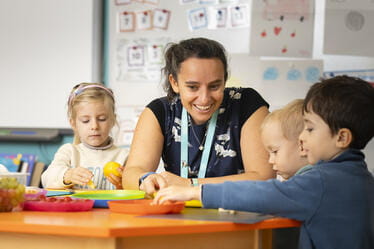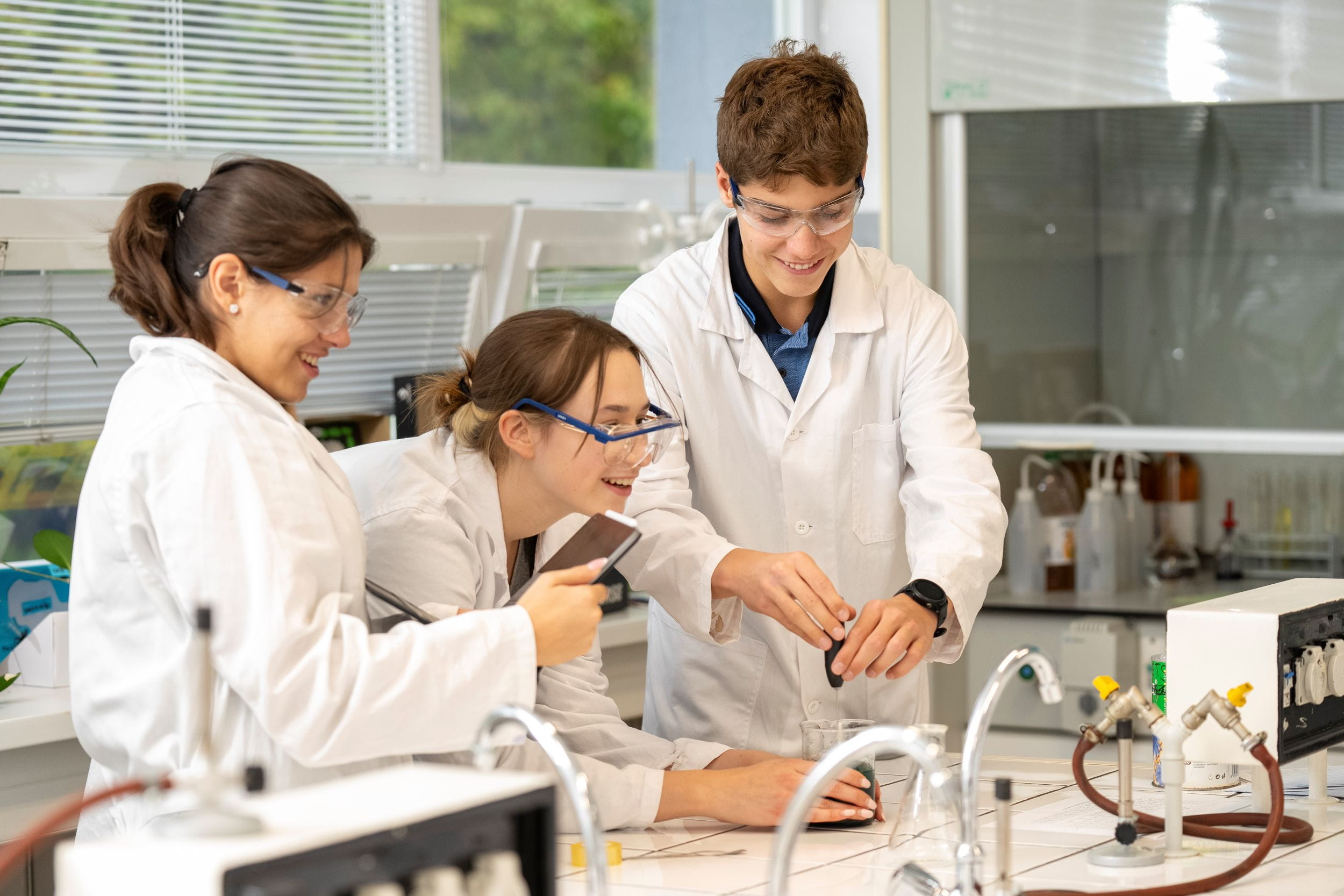Within Slovakia, it is expected that all children attend school, and as parents, we fulfill our obligation to ensure that they do. However, do we pause to consider what children need and want from school? This is a challenging question to ponder and one with multiple answers. However, one thing is certain, children should have opportunities to achieve and to be the best they can be. The bigger question is how can education systems, teachers and parents work together to enable this to be a reality.
A good place to start is to look at the basics of what is required for any human being to thrive and that is what is needed to survive. As Maslow’s hierarchy of needs suggests, at the most basic level of human functioning, children need their physiological (food, warmth, shelter, sleep) and safety (feeling safe and secure) needs to be met. As parents and teachers, we have a role to play in these most basic of human needs and we can touch on the development of habits to achieve this e.g. promoting healthy eating and sleeping habits as well as ensuring children feel safe and any anxiety is managed.
Taking what children need one step further we can start to look at friendships and accomplishments, both integral to achieving at any level. Again, developing healthy habits towards making friends and setting the stage for feeling accomplished in what they do is important. As teachers, we can create the right climate for this by creating opportunities for collaboration and celebrating successes; as parents, encouraging social play (play dates) and celebrating the small wins when children achieve something are some of the ways of developing healthy habits.
When considering setting a goal in order to achieve something significant, James Clear, in his book ‘Atomic Habits’, proposed 3 main stages:
- setting a goal e.g. start a million-euro company
- working out a system e.g. how to market the company, who to employ, what the product will be
- ensuring you have the right mindset to make this work e.g. believing in yourself that you have the skills and mindset to make the goal come true
These three stages can be applied to students in school when it comes to them being successful. At the BISB, we are frequently talking about having a growth mindset. We encourage students to believe that their intelligence and ability are not fixed and that with hard work they can achieve anything. We provide a clear structure or system that allows for success but also work hard to support students to develop their own processes, which allows them to take ownership of their educational journey. For instance, we not only teach children content, we focus on metacognitive skills, so students know how they learn best and what they need to do to improve.
Much of what has been written already touches on the idea of developing habits but doesn’t focus explicitly on this. However, when we consider what makes someone successful, it often isn’t the ‘big idea’ or the life-changing decisions, rather, it is the accumulation of many small decisions, which are often as a result of the development of habits. A useful quote from the Atomic Habits book is ‘every action you take is a vote for the person you wish to become’. It is exactly through the thousands of choices and actions that we take and our children take, that we become the person who we want to become.
This can be applied to academics, where it is vital children develop consistent, effective study habits, commit to self-improvement e.g. through regular reading, demonstrate a growth mindset when it comes to approaching challenges and generally ensure that what they do is a step towards the goal they wish to achieve.
To summarise, we should all consider what our children are doing and the long-term impact of their actions on what we or they wish to achieve. Whilst we wouldn’t wish to control or take note of the minutiae of daily life, we might wish to consider the development of positive habits in our children or students as a way of taking steps towards a brighter, more successful future.
Mark Hatherell - Head of Secondary at the BISB, Bratislava





